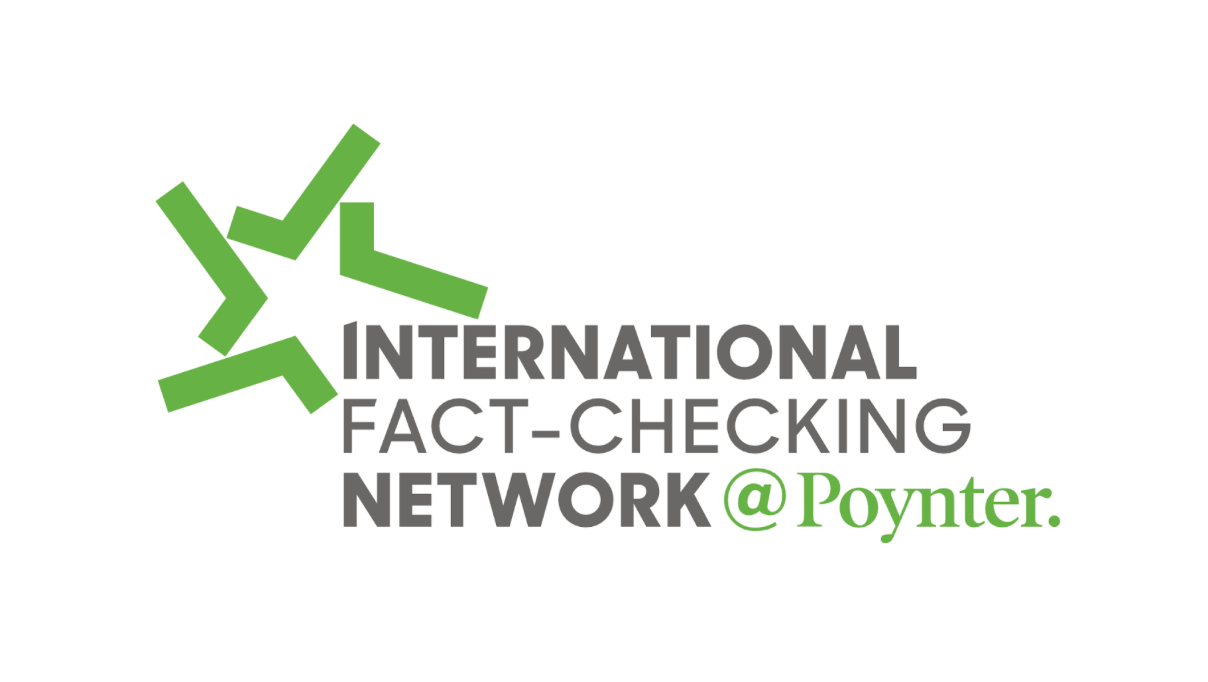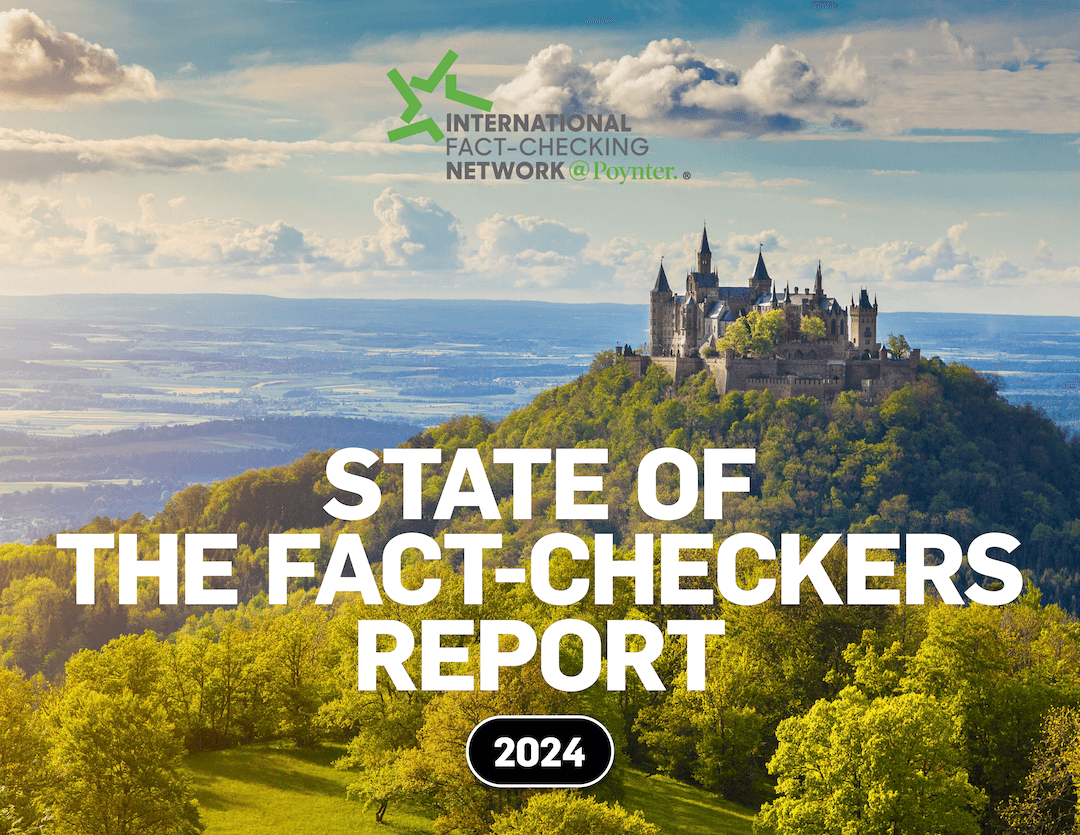ICIJ | The Guardian | The New York Times | The Washington Post
On Thursday, the International Consortium of Investigative Journalists will release the names of more than 37,000 people from China, Taiwan and Hong Kong who use offshore networks to stash their wealth, Marina Walker Guevara wrote Tuesday.
In “How We Did Offshore Leaks China,” Walker Guevara, ICIJ’s deputy director, wrote about the reporting and collaborations that went in to the project.
It began, she wrote, with a small gathering in Hong Kong on a rainy morning.
The meeting kicked off a six-month probe into the offshore holdings of China’s elite that the International Consortium of Investigative Journalists begins publishing today with media partners from around the world. Along the way, the journalists faced cultural and linguistic barriers, government intimidation and the daunting task of sifting through thousands of secret financial records.
The Greater China files are the largest segment of the 2.5 million leaked offshore records ICIJ obtained and has analyzed with more than 50 media organizations since 2012. The documents reveal the real owners and the dealings of more than 100,000 companies in 10 offshore jurisdictions.
Those partners include BBC Panorama, the CBC in Canada, The Guardian, The New York Times, The Washington Post, El Pais in Spain and Le Monde in France. Together, journalists from around the world sifted through the leaked data, Walker Guevara explained, adding China, Taiwan and Hong Kong to the previously published work from Offshore Leaks.
A picture slowly began to emerge: China’s elites were aggressively using offshore havens to hold assets, list companies in the world’s stock exchanges, buy and sell real estate and conduct their business away from Beijing’s red tape and capital controls.
Among the offshore holders were at least 15 of China’s richest men and women, high-level executives at state-owned companies and relatives of some of China’s top current and former leaders.
Walker Guevara wrote about one news organization, which she doesn’t name, that dropped out in November amid government intimidation. The leaders of the project “made a decision to keep the identities of the mainland Chinese reporters confidential to protect them from further government retaliation,” she writes.
Today, you can see the results of that work for yourself in several places. ICIJ has a graphic where you can, literally, follow the money. Here’s a piece published Tuesday from James Ball for The Guardian. (On Tuesday, The Guardian reported they’d been blocked, again, in China.)
On Wednesday, The New York Times published this account. (The Times’ site has been blocked in China since 2012.)
And the Washington Post ran this piece, from the Associated Press, on Tuesday.
In November of 2013, Edward Wong reported in The New York Times that Bloomberg News was pulling a story that would anger Chinese officials.
The investigative report they had been working on for the better part of a year, which detailed the hidden financial ties between one of the wealthiest men in China and the families of top Chinese leaders, would not be published.
Shortly after, Bloomberg reporter Mike Forsythe, who was reportedly working on that story, left the company. In January, he joined the Times.
On Tuesday, Forsythe tweeted a link to ICIJ’s report.
Must read investigation by @ICIJorg on The offshore accounts of China’s political elite. http://t.co/odqMWmKOU8
— Mike Forsythe 傅才德 (@PekingMike) January 22, 2014
And he responded to someone who wasn’t surprised about the news.
@WeiDuCNA @george_chen guys you may not be surprised but it must be documented with authority. And that is what @ICIJorg did. — Mike Forsythe 傅才德 (@PekingMike) January 22, 2014
@WeiDuCNA @george_chen @ICIJorg if u apply the “no surprise here” rule a lot of award-winning journalism would not get done.
— Mike Forsythe 傅才德 (@PekingMike) January 22, 2014







Comments